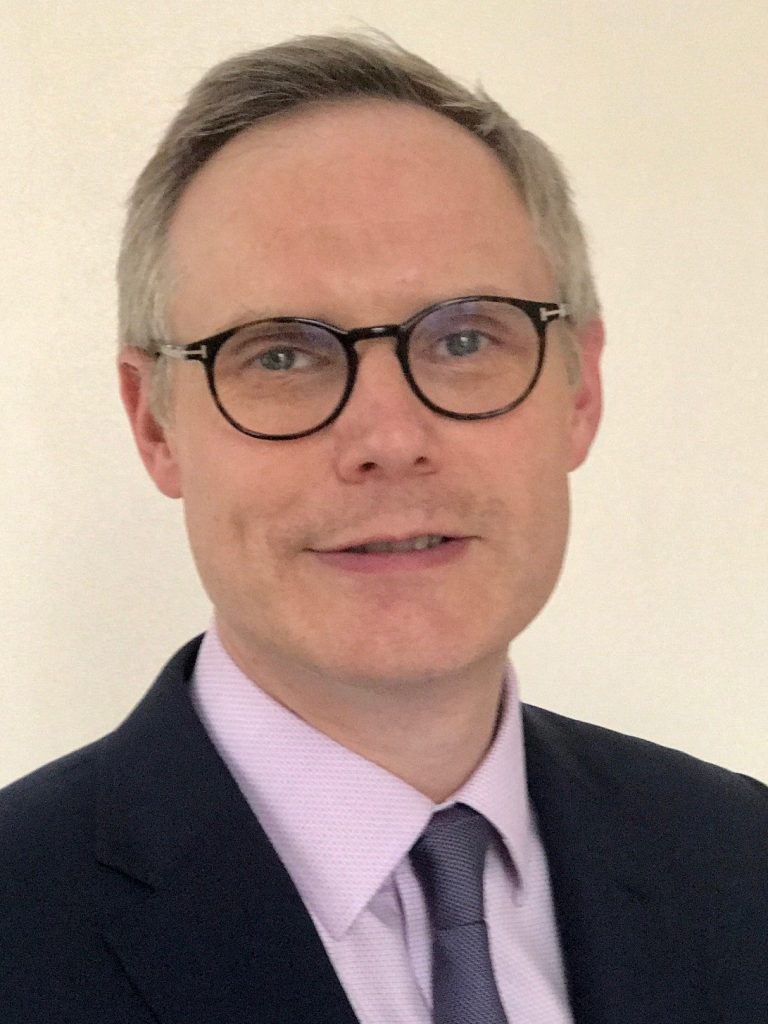Antibiotic use and chronic lung conditions are just two areas experts are researching as part of the Newcastle Health Innovations Partners (NHIP) fellowship programme.
The fellowships have been awarded to five researchers who, with support from Newcastle Hospitals and Newcastle University, will use their research expertise to improve understanding of medical conditions and potential treatments.
Both the trust and university are part of NHIP, one of just eight Academic Health Science Centres in the UK which brings together world-class research, education and clinical practice for the benefits of the region.
Here, we introduce the fellows, learn more about their research, and what they’re hoping to achieve:
Dr Sandip Nandhra – vascular disease in the North East
Sandip’s area of research focusses on vascular disease, a group of conditions that affect the circulatory system and, if severe, can lead to limb amputation. The North East currently has the highest rate of lower limb amputations in the country, largely affecting males aged 50-70, and often has implications for a patients’ housing and social care needs.
Building on earlier research, Sandip will carry out a five-year study to assess if there is a link between patients who need limb amputation and their level of deprivation, with a view to advising on optimal care for these patients.
Dr Tom Hellyer – antibiotic use in critical care
Tom’s research focusses on improving antibiotic use in critically ill patients. There’s often a high risk of antibiotic overuse in critical care, which increases the risk of resistance, as well as adverse side effects.
Tom is looking at different approaches to optimise antibiotic durations. One study looks at how the immune system influences a patient’s response to antibiotics, which could help inform the length of time a patient needs treatment for. An alternative approach will be tested in a large clinical trial, where short-fixed course antibiotics will be used in critically ill patients to see if this is safe and effective compared to longer courses of antibiotics.
Dr Iram Haq – respiratory disease in children
Iram will be based at the Great North Children’s Hospital where she’ll be developing her current research in chronic respiratory diseases in children.
Iram’s research involves studying lung airways that don’t function properly, visible in conditions such as cystic fibrosis and bronchiectasis in children. The research will explore how cells in the airways can repair themselves to hopefully slow down the progression of lung diseases.

Dr Ken Baker – predicting drug-free remission in rheumatoid arthritis
Ken’s research focusses on understanding and predicting drug-free remission and flare in patients with rheumatoid arthritis. The aim is to develop a clinical test that can help identify when it is safe for patients with rheumatoid arthritis in remission to taper or stop their arthritis drugs.
Ken is also running a project which looks at using remote monitoring for patients with arthritis. It is hoped this could help patients monitor their condition between appointments, with support from clinical teams.
Dr Laura Jardine – blood and lymphoid cancers
Haematologist Laura specialises in blood and lymphoid cancers, with a particular focus on analysing how cells work at a singular level.
Over the last four years, Laura has built multiple large databases (‘atlases’) which include information on a cell’s location, the protein on its surface, and other characteristics.
Using these atlases, Laura will examine cells in childhood leukaemia and lymph cancer in the brain to see how they develop over time. It is hoped that the information collected could be used to predict cancer outcomes and potentially inform treatment options for patients.

Dame Jackie Daniel, Chief Executive of Newcastle Hospitals, said:
“Our long-standing partnership with Newcastle University has led to many research achievements, realised through our shared expertise and our focus on creating new scientific knowledge.
“These fellowships are an excellent opportunity for researchers to gain insight and understanding into a range of health conditions and how best to treat them.
“As part of NHIP, we are committed to working with our partners to ultimately drive up the health and wellbeing of the communities we serve.”
Professor Andy Fisher, Honorary Consultant Chest and Transplant Physician at Newcastle Hospitals and expert in respiratory transplant medicine at Newcastle University , has played a key role in the development of the fellowships.

Commenting on the appointments, Prof. Fisher said:
“The investment into these five senior clinical fellows shows NHIP’s commitment to establishing the next generation of clinical research leaders in the North East. They are all exceptional talents and, as part of NHIP, will work at the interface between the Trust and University to bring the latest technological and therapeutic advances to patients.”
About NHIP
NHIP is an Academic Health Science Centre serving the North East and North Cumbria region. It unites five local partners:
- Academic Health Science Network for the North East and North Cumbria
- Cumbria, Northumberland, Tyne and Wear NHS Foundation Trust
- Newcastle City Council
- Newcastle University
- The Newcastle Upon Tyne NHS Foundation Trust
The partners work collaboratively to translate world-class research and innovation into real world benefit, improving the population’s health and generating economic growth for the North East and North Cumbria region.
